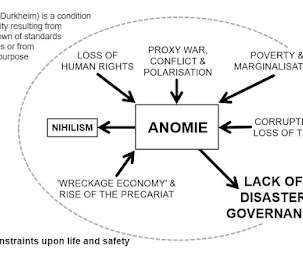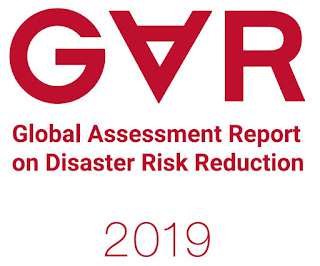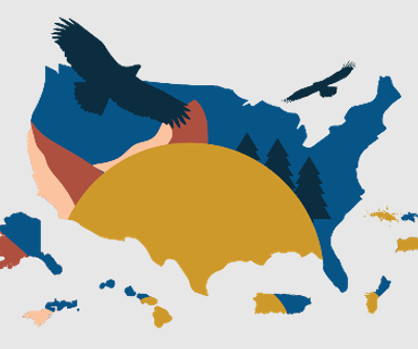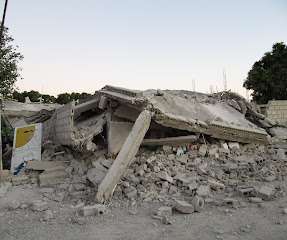Book Review: The Invention of Disaster
Recovery Diva
MAY 7, 2022
Book Review: The Invention of Disaster: Power of Knowledge in Discourses of Hazard and Vulnerability. The book is part of Routledge Studies in Hazards, Disaster Risk and Climate Change. For more information: [link]. Labeling certain groups as vulnerable justifies the intervention of outside actors (i.e.















Let's personalize your content